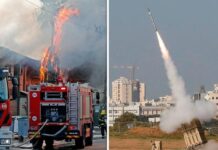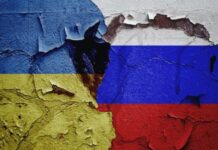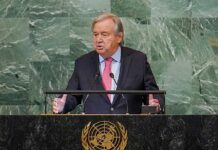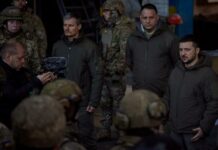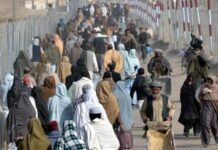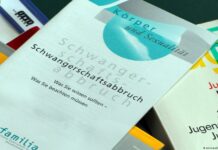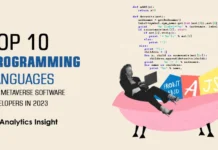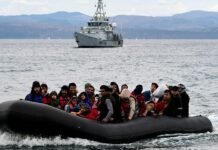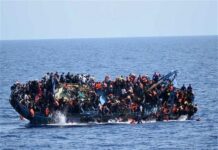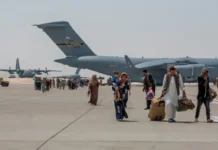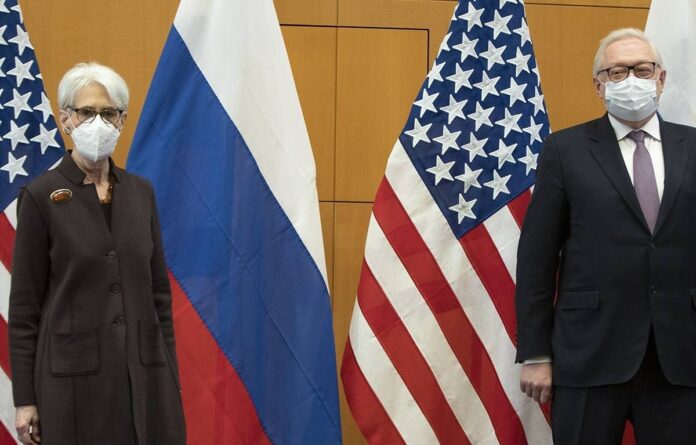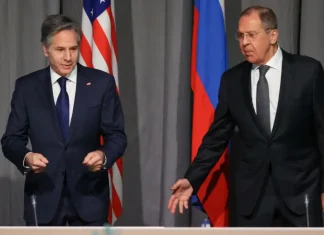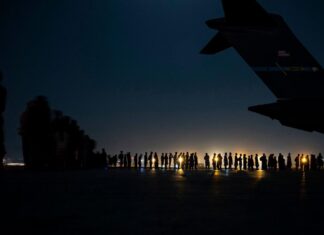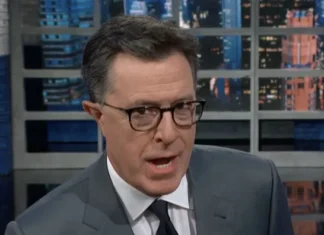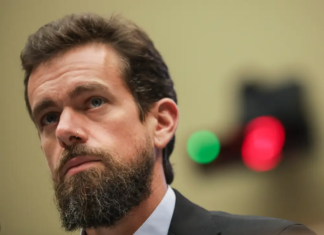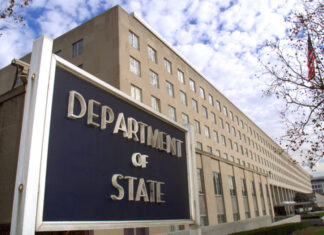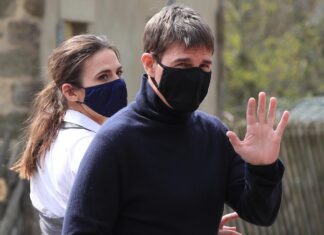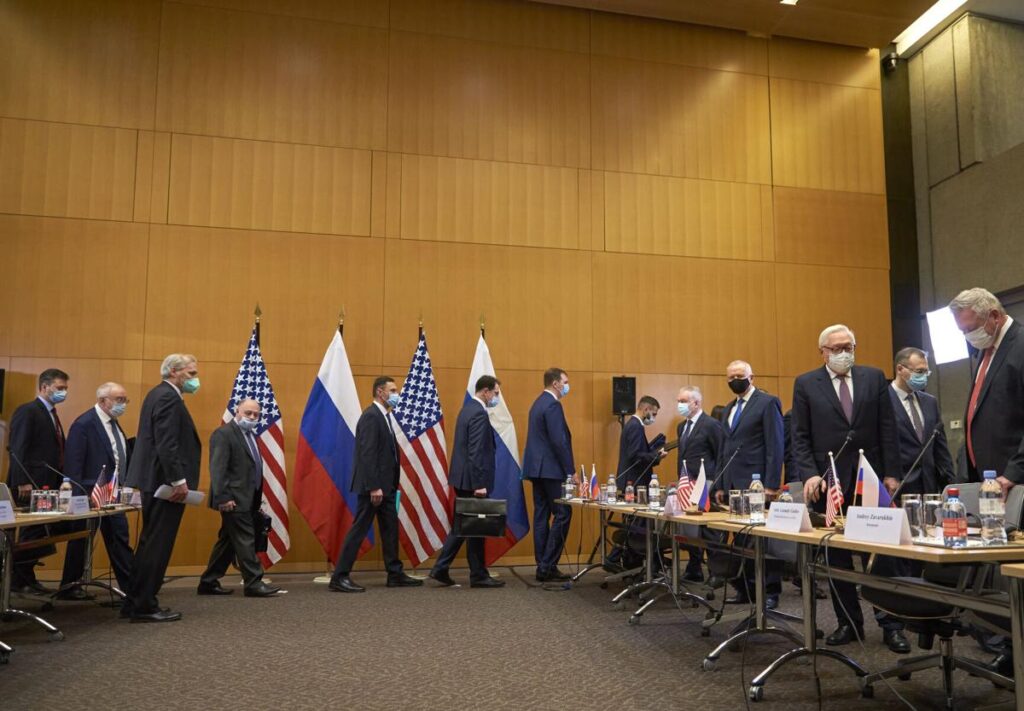
The United States and Russian diplomats have emerged from a day of negotiations in Geneva over the fate of Ukraine, describing the talks as “useful” and “very professional” – but also stressing they had not made progress towards resolving fundamental disagreements.
The two sides largely spent the eight hours of talks presenting their points of view on the situation in Ukraine, currently hemmed in by some 100,000 Russian troops, and on European security in general, and deferred further debate on them to a meeting in Brussels on Wednesday between Russia and all NATO members.
“We had useful discussions and exchanges today that will help inform our way forward,” Wendy Sherman, the deputy US secretary of state and leader of the delegation in Geneva, told reporters after the day of talks.
Her Russian counterpart, Sergei Ryabkov, said: “The conversation was difficult, long, very professional, deep, concrete, without attempts to embellish or smooth over sharp corners.
“We have been left with the impression that the American side approached the Russian proposals very seriously, studied them in depth,” Ryabkov said.
Sherman also remarked on the Russians’ readiness to negotiate, saying they discussed “things that are not Russian priorities.
She said that the issues of reciprocal limits on military exercises and missile deployments were discussed, but the US ruled out as a matter of principle, the idea of a guarantee that Ukraine would never join Nato, restating that it was the country’s sovereign right to decide.
“We were firm in pushing back on security proposals that are simply non-starters for the United States,” Sherman said. “We will not allow anyone to slam close Nato’s open door policy.”
While conceding that the talks were “not hopeless” Ryabkov confirmed Russia had made no progress in achieving its key goals, which the Kremlin laid out in December in two proposed treaties with the US and Nato, which included a pledge by the US that Nato would no longer accept new members such as Ukraine or Georgia.
In his remarks on Monday, Ryabkov said that a pledge from Nato not to expand further, to limit the deployment of weapons in countries bordering Russia, and to roll back military activity in new Nato countries were “requirements we cannot step back from”.
Ryabkov said the two sides had continued to clash over what the agenda of future talks should be. While the US has sought to focus on technical arms control issues, Ryabkov described those as a secondary concern compared with the far thornier demand to limit NATO’s presence in central and eastern Europe.
He also noted that elements of Russia’s demands, such as an effective veto on future NATO enlargement, appear to be non-starters for the US and its allies. Analysts have said that the aggressive demands made by Russia mean that the negotiations are headed for a dead-end.
Sherman said that Washington would assess the whole week’s diplomacy before deciding on the future direction of talks.
“We will have discussions with our allies and partners in the days ahead and at the end of this week, informed by those discussions, the US and Russian governments will discuss the way forward,” she said.
At the Geneva talks, Sherman repeated the US threat to impose unprecedented sanctions in the event of an invasion of Ukraine.
“Certain threats, or at the very least warnings, were made to us,” Ryabkov confirmed, but suggested they were unnecessary because Russia had no intention of launching an invasion.
Report by: The guardian


